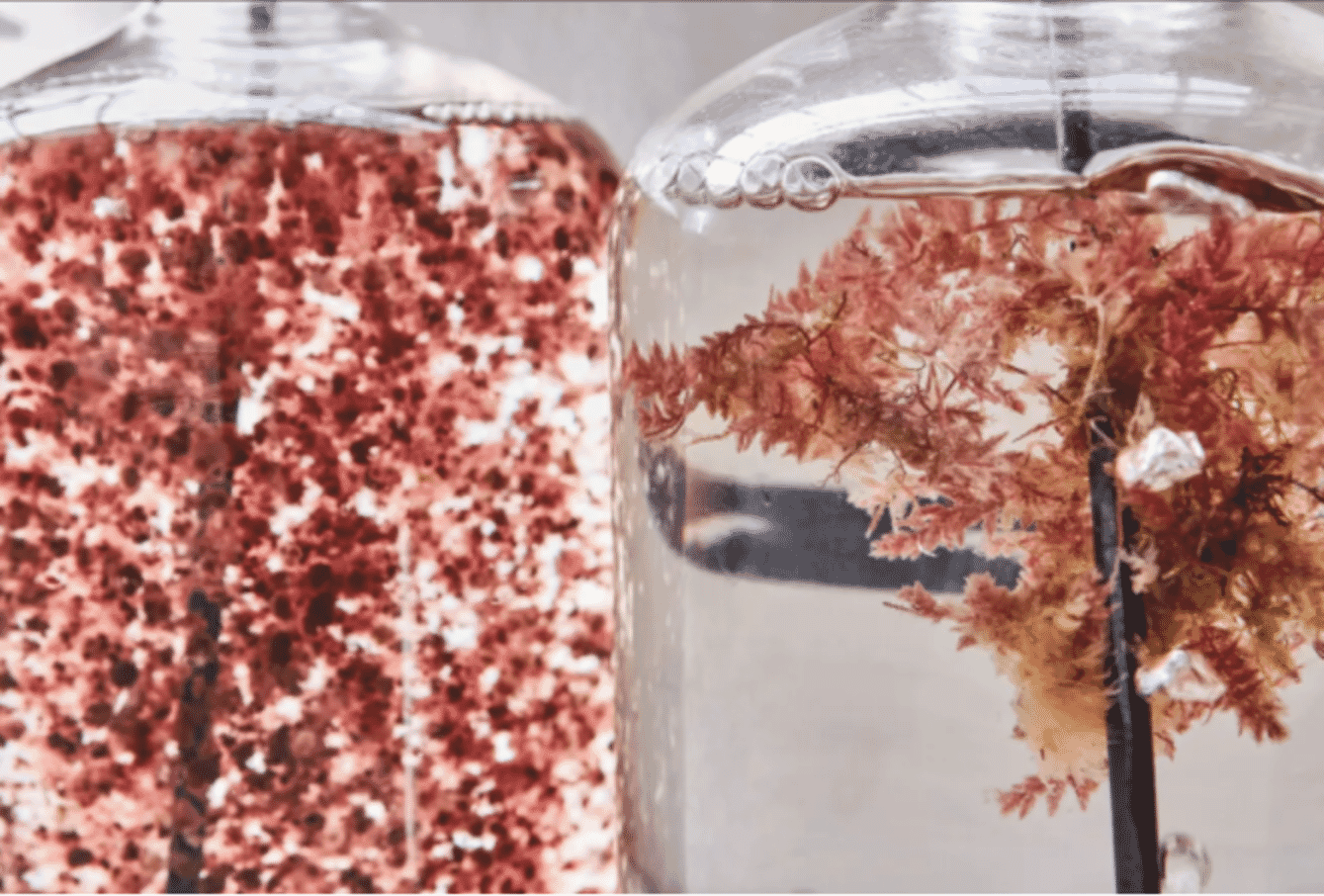
© Australian Seaweed Institute
Trials have demonstrated that the inclusion of small quantities of Asparagopsis seaweed in cattle feed lead to a 90 percent reduction in methane emissions from these ruminants. However, producing the species in meaningful quantities has proved difficult, largely due to the difficulties of triggering spore release in aquaculture facilities.
However, two of the key organisations looking into this process, CH4 Global and New Zealand’s National Institute of Water and Atmospheric Research (NIWA) have announced that they have worked out how to trigger this process, thereby paving the way for the large-scale commercial production of the seaweed.
CH4 Global has estimated that the aquaculture of Asparagopsis could be worth more than NZ$500 million to seaweed farmers in NZ and Australia within seven years, and more than NZ$1 billion by 2030. Closing the lifecycle makes this figure much more realistic.
"Managing life-cycle transitions is the key to unlocking scale in any form of aquaculture. Asparagopsis has a complex lifecycle with three distinct phases, each of which look and behave differently from the others," Dr Andrew Forsythe, chief scientist for aquaculture at NIWA, is reported as saying in Scoop.co.nz.
"This breakthrough has identified the set of conditions which trigger a critical transition between one of these, a small free-floating plant, and the next phase; a larger, attached seaweed. By controlling release of these spores, we can now seed and attach them to aquaculture lines, opening up rapid scale-up of in-ocean farming.
"This was the top challenge we needed to solve in order to have a pathway to commercialize aquafarming of Asparagopsis seaweed at scale," added Dr Steve Meller, CEO and co-founder of CH4 Global.
"This result means we can now move forward with the creation of commercial hatcheries to supply marine and land-based aquafarming of Asparagopsis. This now opens up the ability to scale the platform rapidly to enable climate change impact at scale with urgency."



